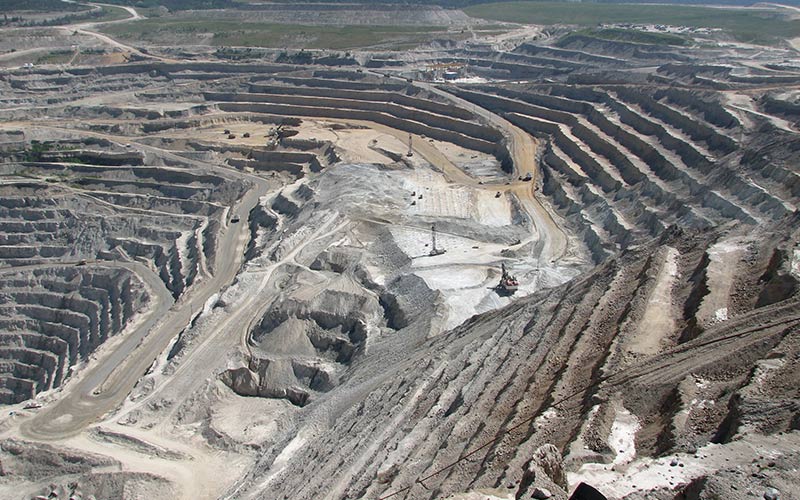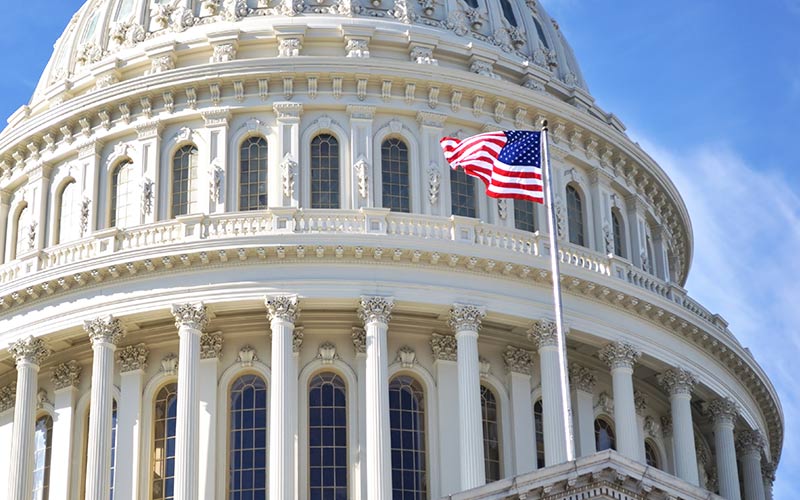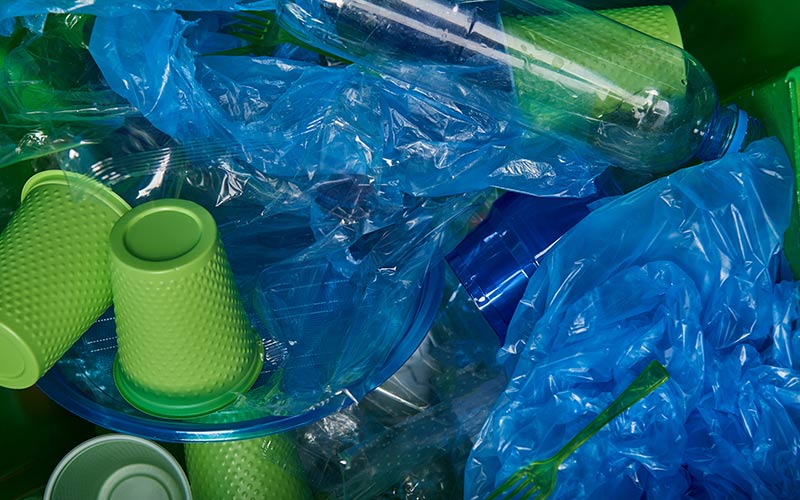Updates in Mining

Reviving the Bureau of Mines
Mining trade groups are lobbying for Washington to revive the Bureau of Mines, according to Creamer Media’s Mining Weekly. The industry is hoping to bring the bureau back and expand upon it in an effort to unify permitting, decision making, and more, allowing the US to better compete with China on critical minerals. The bureau was closed in 1996 as a result of budget cuts.

International Energy Forum Report Illustrates Gap Between Copper Supply & Demand
The International Energy Forum is hoping to end the misconception largely held outside the mining industry that the copper needed to meet 100% global vehicle electrification by 2050 will be available in the coming years. According to the report: “Just to meet business-as-usual trends, 115% more copper must be mined in the next 30 years than has been mined historically until now. To electrify the global vehicle fleet requires bringing into production 55% more new mines than would otherwise be needed.”

Mining Schools Act of 2023 Passes the Senate
The U.S. Senate has passed the Mining Schools Act of 2023, North American Mining reports. As the existing workforce ages and a talent shortage persists, the legislation will help to bolster the next generation of miners needed to meet growing demand for critical minerals.

The Energy Permitting Reform Act of 2024
Senators Joe Manchin (I-WV) and John Barrasso (R-WY) have announced the Energy Permitting Reform Act of 2024, bipartisan legislation deemed as a “commonsense” bill aimed at speeding up the permitting process for energy and mineral projects, something the mining industry has long called for.
Updates in Fertilizer

Industry Calls on Congress: Pass A New Farm Bill, Stat
Over 500 organizations are calling on Congress to pass a new Farm Bill before year’s end, according to AgDaily. The Bill, which expired in September of last year, has far-reaching implications for everyone involved in agriculture, nutrition, conservation, environment, and rural development. According to the letter urging action:
“Millions of Americans rely daily on the provisions of the Farm Bill to produce food, fiber, and fuel; feed their families and others around the world; voluntarily conserve fish and wildlife and their habitat; provide sustainable solutions for clean air and water; offer a producer safety net; facilitate international trade; create local jobs and robust economies; and support rural development nationwide.
“If Congress does not enact a bipartisan Farm Bill this year, the legislative process will begin anew in the 119th Congress. Stakeholders note that given the significant legislative and administrative duties of a new Congress, including seating new leadership and committees, Senate nominations, and other essential actions during the first months of the 119th Congress, it may not be feasible to advance a new Farm Bill early in the next Congress.”
Updates in Chemical

Improving Lithium Recovery from Oil & Gas Field Waste Fluids
Researchers at Argonne National Laboratory are working on a process that will enhance the separation of lithium and other elements from gas and oil field wastewaters, according to Chemical Processing. The patent-pending process could lend significant improvements to the extraction of much-needed lithium from such waste streams.

New Copper Catalyst Converts CO2 to Methane
Researchers at McGill University, alongside Canadian Light Source and the University of Saskatchewan, have developed a potentially game-changing catalyst that could close the loop on atmospheric carbon. The researchers employed copper nanoclusters to convert CO2 from the atmosphere into methane. Upon using the methane, the released carbon dioxide could be captured for recycling back into methane. The results of their findings were published in the journal Applied Catalysis B: Environment and Energy. Read the full story >>

The Biden Administration’s War on Plastics
The Biden Administration is looking to phase out the procurement of single-use plastics in federal operations associated with food services, events, and packaging, by 2027. The Administration will expand upon this to completely eliminate any federal procurement of these materials by 2035 in an effort to combat plastic pollution. Along with their announcement, the White House also provided their strategy document, entitled: Mobilizing Federal Action on Plastic Pollution: Progress, Principles, and Priorities.
Like what you’re reading? Subscribe to our blog for industry updates and expert advice on bulk solids processing and handling.


